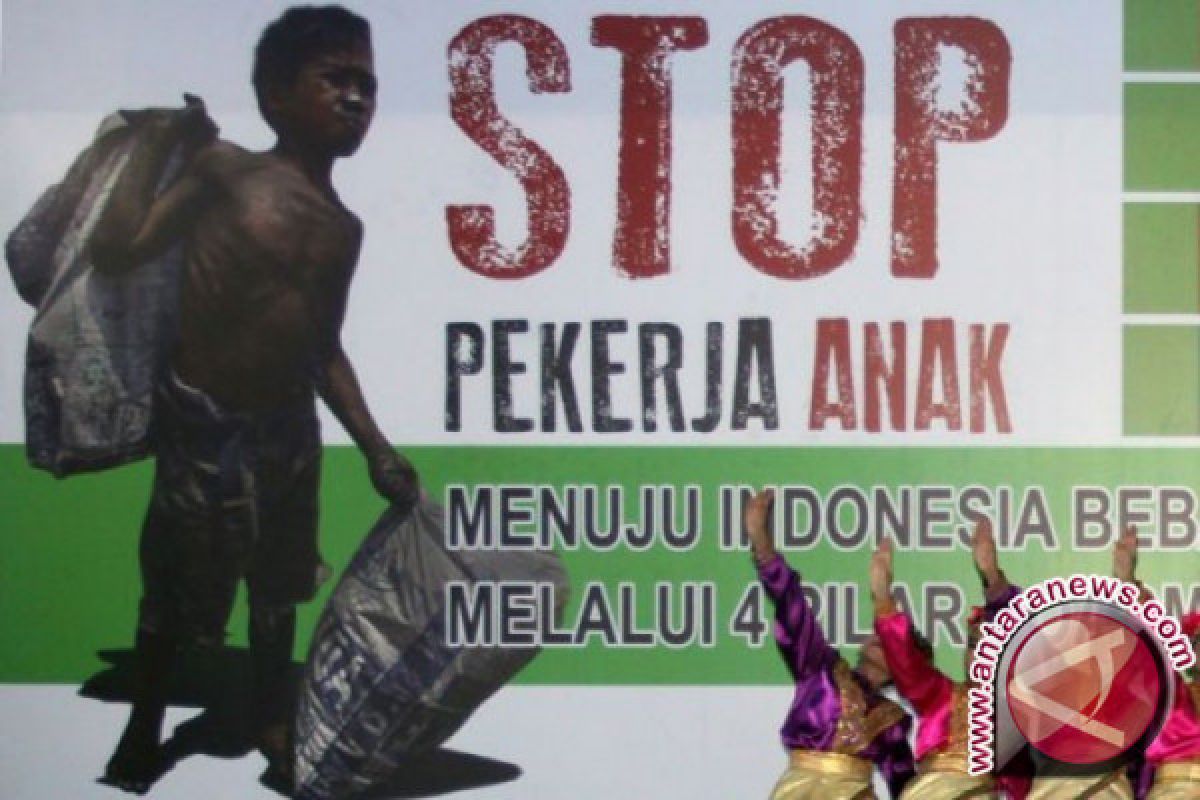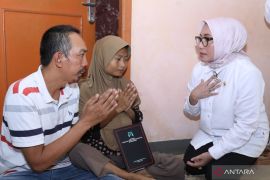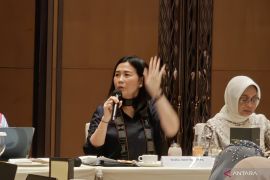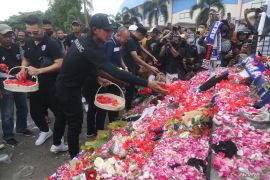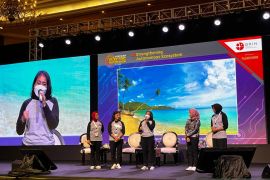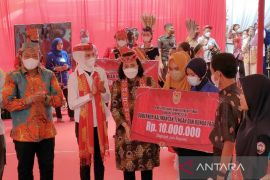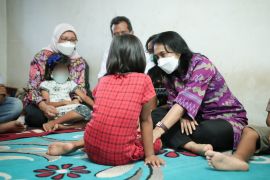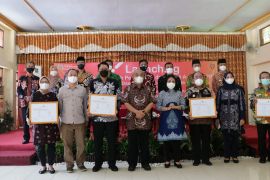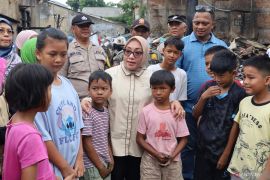When contacted on Wednesday, Purwianti said that independent data collection by regional governments, pursued in collaboration with the public, will be one of the measures to address the problem as it could help children gain access to much-needed social facilities and assistance.
According to her, one of Indonesia's current challenges in tackling child labor is the lack of relevant data on the micro level, such as the whereabouts of children at risk of child labor, including those trapped in the worst kind of jobs.
According to the International Labour Organization, the worst kinds of jobs for children include all types of serfdom or slavery, prostitution, or jobs that are hazardous to their physical and mental health.
Purwianti said that the lack of data has led to children becoming virtually invisible and not getting the available help in their respective areas.
"For example, access to Smart Indonesia Program or scholarships, or to Family Hope Program, or access to birth certificate, or access to education itself, as well as health services," she pointed out.
A good starting point to collect data is children who do not go to school, she said. Children not attending school is also an issue that has become a national priority, she added.
After obtaining data on such children from the local Education Office, she said, the relevant stakeholders, such as cadres, can collect more in-depth data to better understand their daily lives and family situations.
The data could also be used as a reference by relevant offices to provide the best aid. For example, it can be used to issue birth certificates to those who do not have them or to put them on Integrated Data on Social Welfare (DTKS) if they fulfill the criteria.
The Women's Empowerment and Child Protection Office, through the Child-Friendly District or City unit, could also help the families of such children improve their condition and prevent the children from working again.
She referred to the 2022 National Workforce Survey, which showed that areas with the highest rates of child workers are usually those with many plantations, such as Southeast Sulawesi and Central Sulawesi.
Related news: Govt endeavors to realize child labor-free palm oil plantation program
Related news: KPAI seeks thorough investigation of child labor trafficking
Reporter: Mecca Yumna Ning Prisie
Editor: Rahmad Nasution
Copyright © ANTARA 2024
